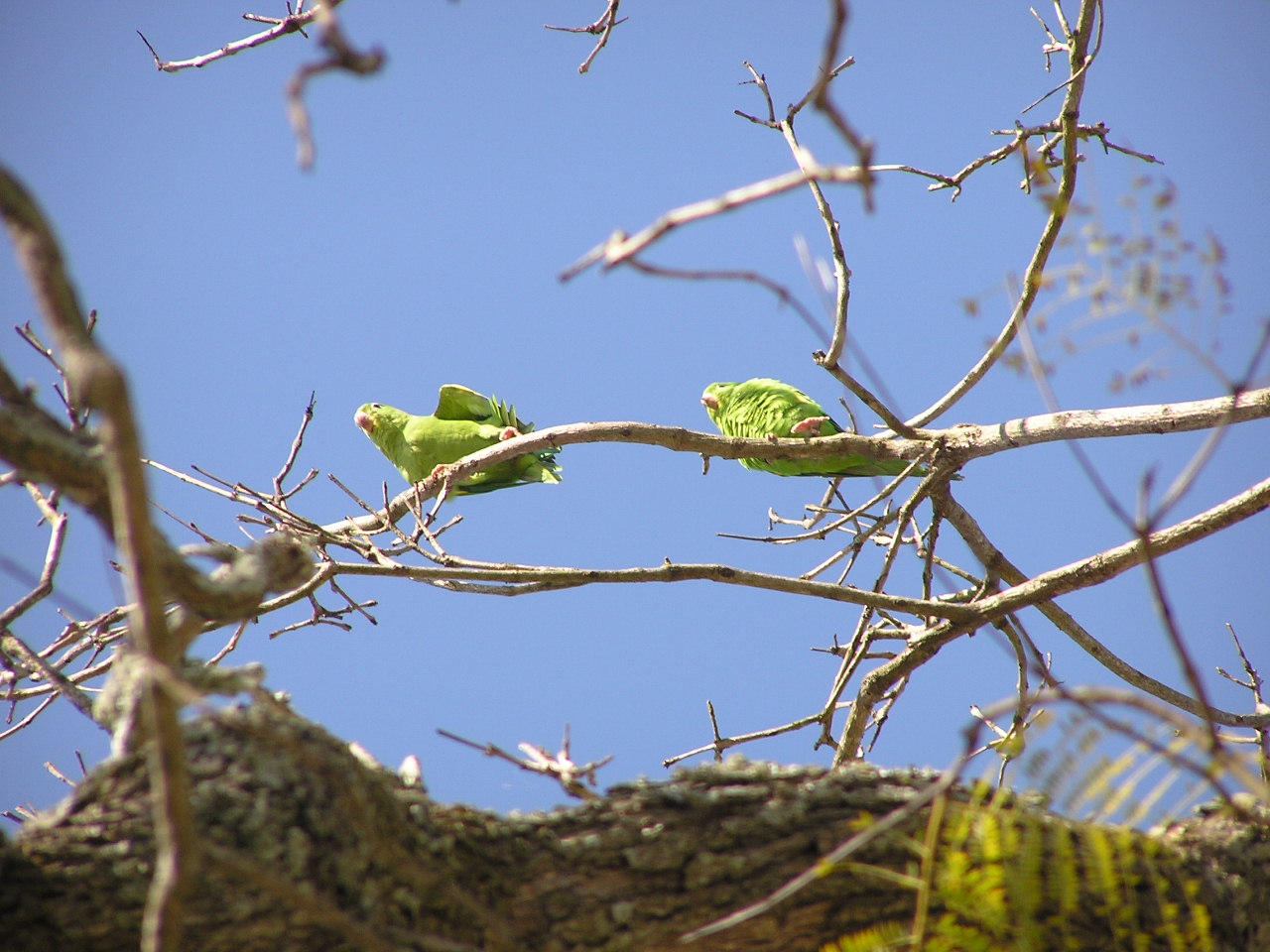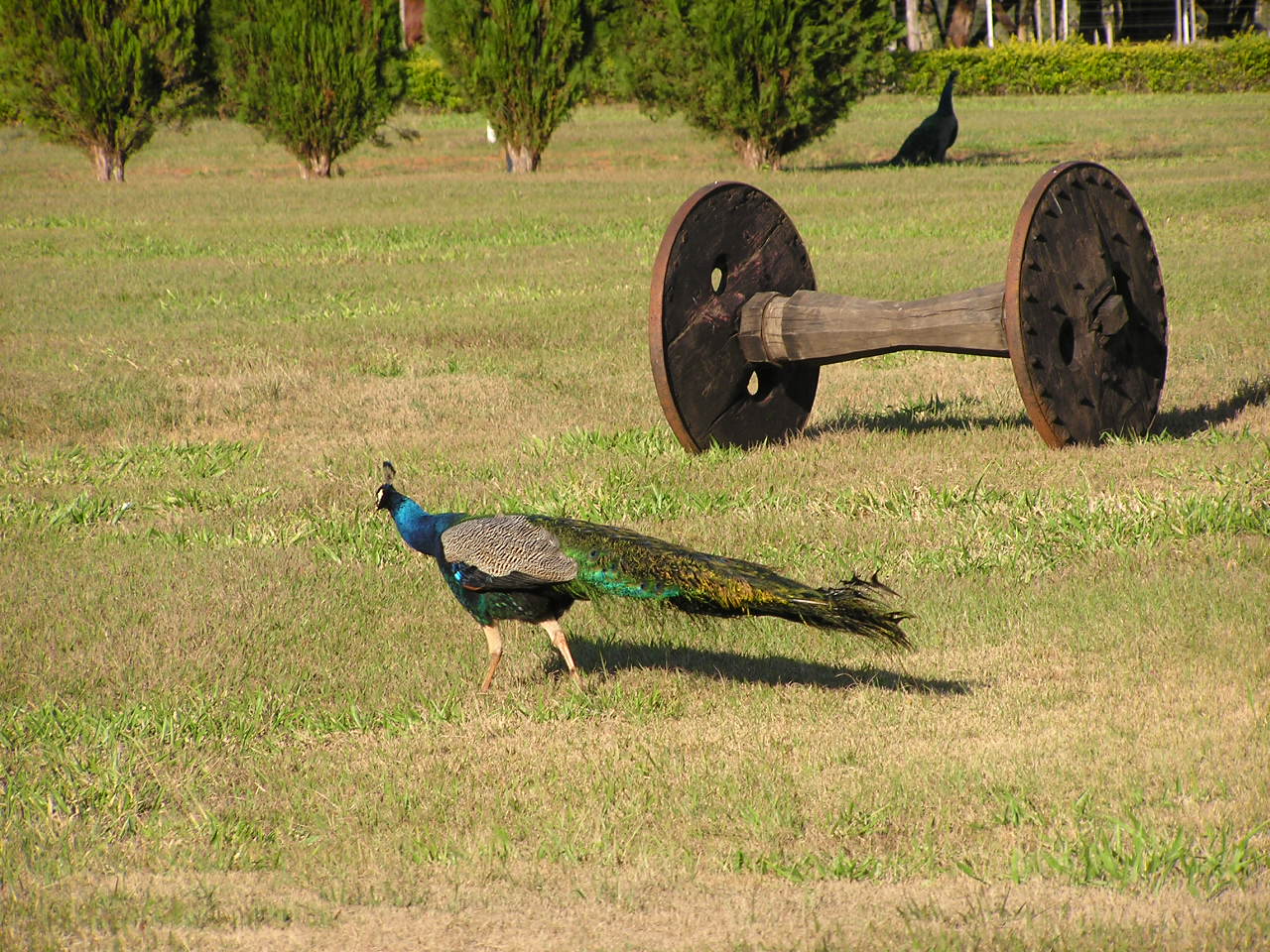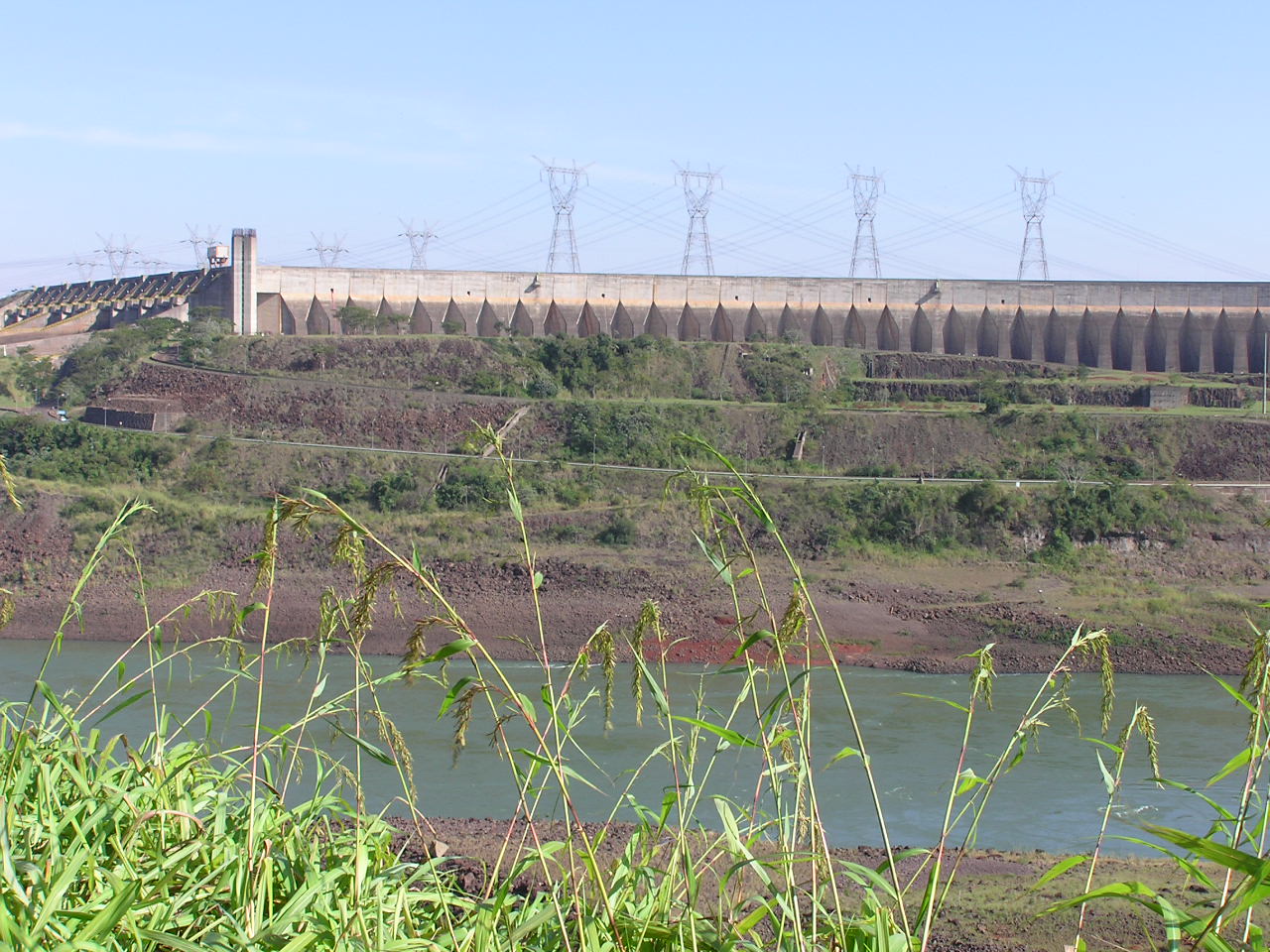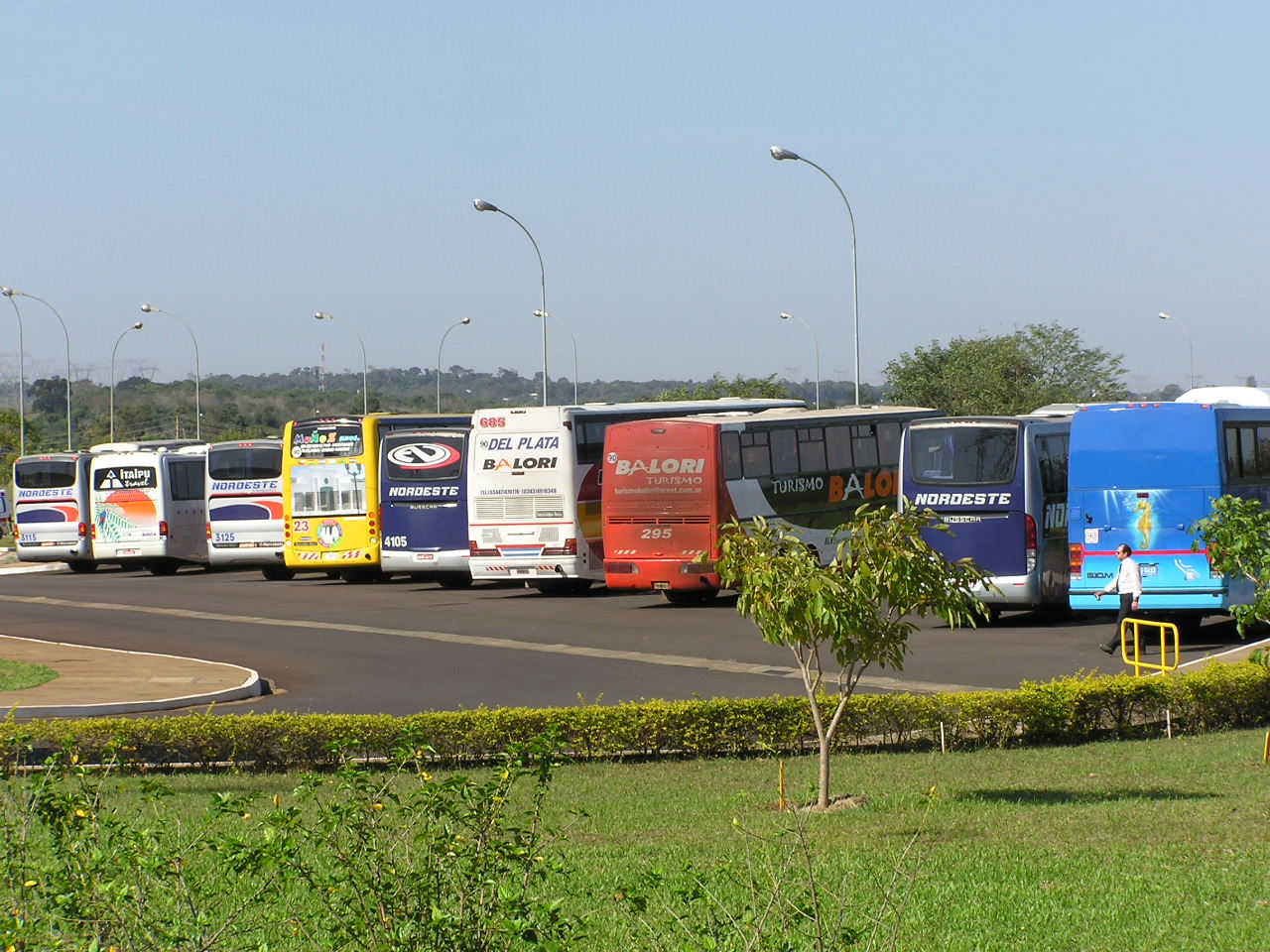(5) Brasil: The Journey to the Falls
We zig-zagged our way south...We zig-zagged our way south to the Falls...the Foz...Foz Iguaçu for the Brasilians, Foz Iguazu for the Argentians and Foz Iguassu for the Paraguayans.
Hotel Fazendas became our home. We sought them out as we travelled to enhance the experience. We had given up on towns and cities...traded the crowds and cars for the placid solitude of the Country Inn.
We became spoiled. Travelling in the low season we were often the only ones at the Inn. Other times we shared the complex with one other couple. The entire staff was at our beckon call.
The roads meandered through the rolling hills which continued forever. In all of our travels we never drove out of the hills...never found a flat piece of earth or a straight stretch of road.
The road was built over the hills and not through them. The gradients at times were quite steep. The heavy trucks roared down the hills at 140 kmph and ground their way up the other side at 10 kmph. We on the other hand maintained a more consistent velocity of 90-100 kmph.
Able to pass at will we defied all of the rules of the road, the signs and the markings. My navigator, unaccustomed to my behavior, surely questioned my judgement at times but was in no position to alter it. Have no fear. It was a well calculated move with an adequate margin of safety. It just didn´t look like it at the time.
The Portugese on the other hand defy all logic when executing a pass. It seems they have not the patience to wait for an opportune moment or the horsepower to execute the move once the time has come. They poke their noses into the oncoming traffic at gay abandon narrowly avoiding impact. They pull out into oncoming traffic before the oncoming vehicle has moved past them. They truly are a suicidal bunch...the whole lot of them.
Whatever the reasons, the results are catastrophic more often than not. With a population of 160 million more than 100,000 die in traffic accidents each year. That is at least twice the USA fatality rate for twice as many people. That means for an equivalent population the Brasilian fatality rate is about 4 times the USA rate.
However, it is even worse than that. Since over one half of the population lives below the poverty line the number of vehicles is substantially less than in the USA...perhaps as many as 10 times less. That makes the carnage on the roads unfathomable. The poor have their just reward. Trapped in a never ending cycle of poverty, malnutrition and illiteracy they are the ones building the roads...the very same roads that the 20% of the rich use to end their lives in disproportionate numbers.
The Brasilians are proud of the Itaipu Dam. And why shouldn´t they be? It is touted as the largest operational dam in the world and they are quick to point out that it will not be surpassed by the Three Gorges Dam in China when it is completed. I am not in a position to judge, but they believe it here.
But what is the cost of this infamy? At a final cost of $18 Billion it will certainly never pay for itself. After 20 years of operation it has returned only $2 Billion in royalties. It has buried the world´s largest waterfall, Sete Quedas, and created a 1400 sq. km lake. Environmentally it has changed local weather patterns and populations of plants, animals and indigineous peoples. The ultimate effects will not be realized for decades.
We took a bus tour to see the dam. That was the only way. We settled into the luxurious comfort of a padded seat, surrounded by cool, climate controlled air. We temporarily lost our minds and thought this was the way to travel. We arrived at our destination and our bus and twenty others disgorged their contents. Hundreds of tourists snapped pictures of everything that moved and didn´t move. They crowded the railings for the best shots. They elbowed and shoved each other to try to be first.
We could never be part of this. Who were we kidding. We moved away from the crowd anxious to return to our two wheeled freedom.
In spite of such engineering feats and the fact that Brasil is heavily industrialized it is still a 3rd World Nation...a label they despise. However, it takes more than industry to become a 1st World Nation. Brasil is industrialized but they forgot about their people on the road to commercial enterprise. They turned their backs on 40% of their population and left them illiterate, poor and living in squalor. Today, the richest 10% control 54% of the nation´s wealth.
The disproportionate distribution of wealth is staggering. The misery of the poor in this wonderful country compares with that of the poorest countries in Africa and Asia.
No Brasil, you are still 3rd World with a thin 1st World layer. You need to provide education, health care and reform. Then and only then will you be eligible to climb the ladder.





